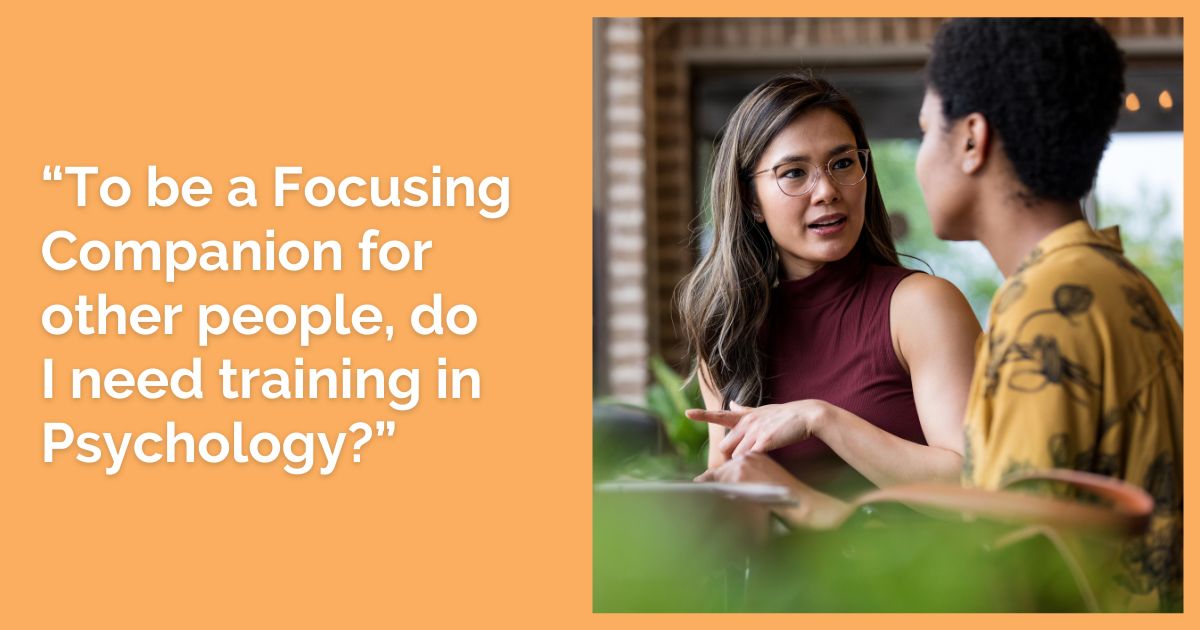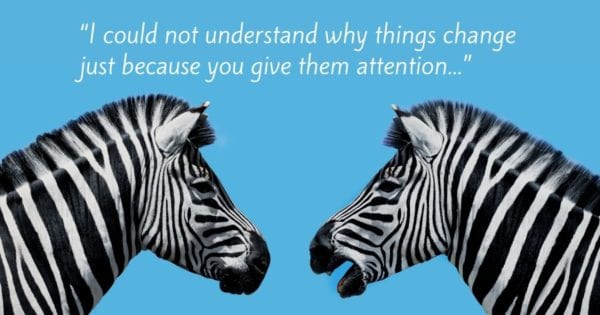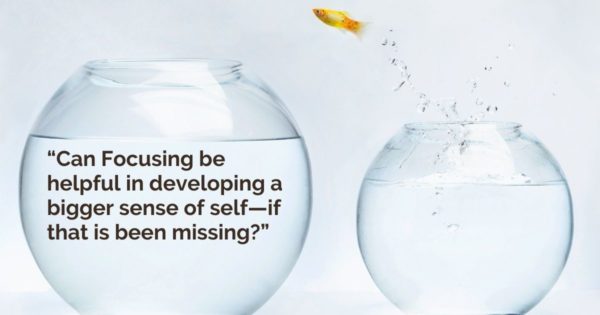Is exchanging Focusing partnership the same as doing psychotherapy? Read on…
Suzanna writes:
I’m studying Psychology. My question is: to be a Focusing Companion for other people, do I need training in Psychology? When I focus on this issue, there is a great fear of being a fake as a therapist.
Dear Suzanna:
I greatly respect that you want to behave ethically, and not present yourself inaccurately to others.
But you don’t have to worry. Being a Focusing partner isn’t at all the same as doing psychotherapy.
For one thing, you exchange sessions with the other person. You’ll take your turn as Focuser as well. An equal exchange of turns is quite different from what happens in psychotherapy.
Even more important is what you do as the Companion to a Focuser. You are simply there to support their Focusing process. Of course your presence is helpful, but you aren’t trying to “help.”
Perhaps you will simply say back to them some of their words. Perhaps you will also offer gentle suggestions, like “See if it’s OK to just be with that.” But the Focuser can always say, “No, that’s not quite right,” or ignore you if their session goes another way.
You don’t even need to know the topic of their Focusing session!
It’s great that you are studying psychology. Perhaps you will become a clinical psychologist. If you do, you will be able to bring Focusing into your client sessions. I have a book about this.
When a psychotherapist brings Focusing into client sessions, that’s different from what happens in Focusing partnership. It’s even different from what happens in professionally guided Focusing sessions. I wrote about that difference here.
To summarize:
- Focusing partnership is an equal relationship.
- Both people take turns.
- The Focusing session belongs to the Focuser, and the Companion is a support person.
- A Focusing Companion doesn’t need to know what the Focuser is talking about. The Focuser can say, “My throat feels tight about the argument with that person,” and the Companion doesn’t need to know who the person is, or what the argument was. Just: “You’re sensing your throat feels tight.”





